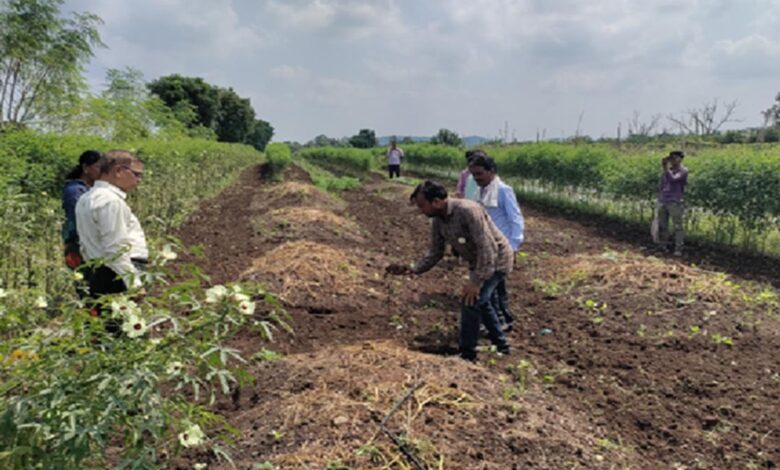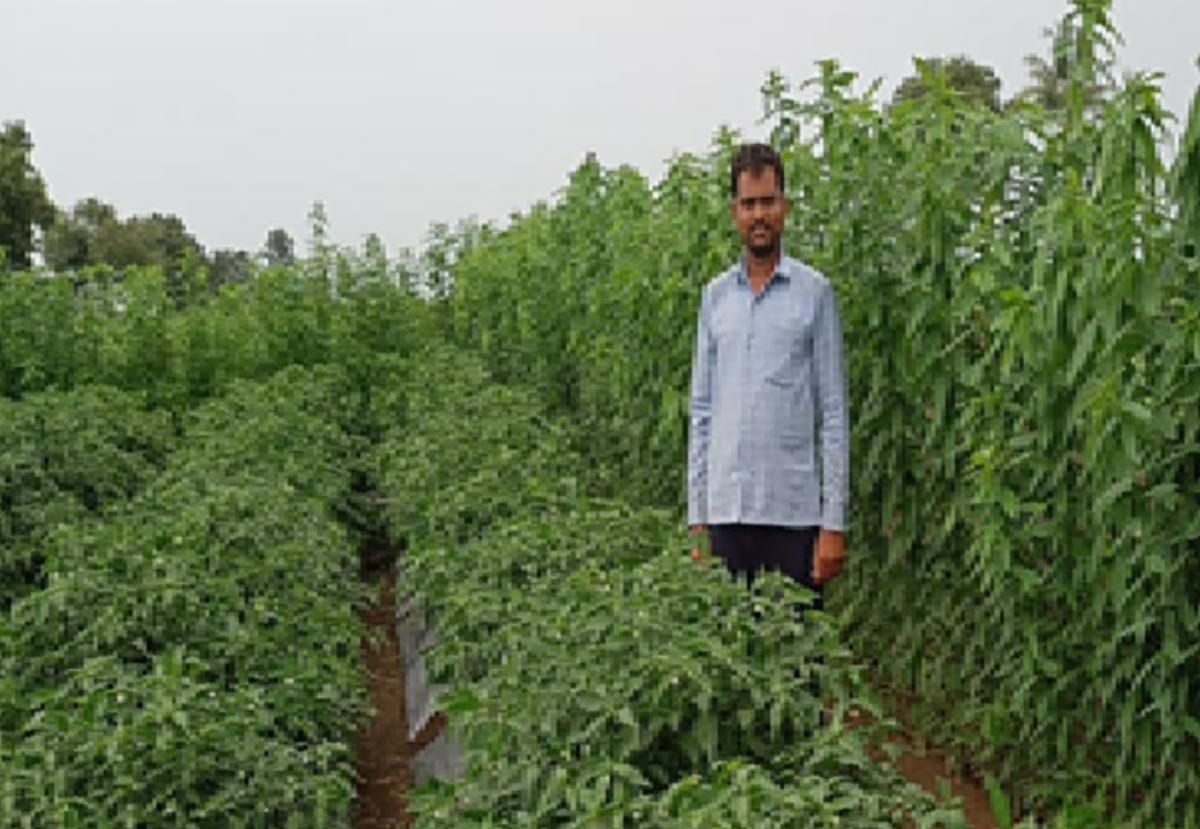Maharashtra’s experiment of using organic farming as tool to tackle agrarian crisis draws attention


An experiment that has been carried out in six districts of Vidarbha region, which had seen a series of farmers’ suicides following agrarian crisis, is now being extended to the entire State following its success.
| Photo Credit: special arrangement
Neighbouring Maharashtra has attracted the attention of the country’s agricultural experts for its novel initiative that has shown that organic farming could be used as a tool to tackle agrarian crisis.
An experiment that has been carried out in six districts of Vidarbha region, which had seen a series of farmers’ suicides following agrarian crisis, is now being extended to the entire State following its success.
“We have enrolled 9,600 farmers from the Vidarbha region under the organic farming initiative that commenced in 2020. Not a single agrarian crisis-related suicide has been reported so far among the families of these farmers as the initiative has turned farming into a remunerative venture. At the same time, suicides have continued among other farmers who have continued with conventional farming and who are not part of this project,” Arif Shah, Superintending Agriculture Officer from Maharashtra, told The Hindu in Bengaluru.
Mr. Shah made a presentation on the organic farming initiative at a national convention on biodynamics in Bengaluru on October 23.
Though some individual farmers were into organic farming before the commencement of this project, that did not have much impact as there were no collective efforts, Mr. Shah noted. He said the idea was conceived in 2018 and the project began in 2020.

An experiment that has been carried out in six districts of Vidarbha region, which had seen a series of farmers’ suicides following agrarian crisis, is now being extended to the entire State following its success.
| Photo Credit:
special arrangement
Titled as “Dr. Punjabrao Deshmukh Jaivik Kheti Mission”, which later became “Dr. Punjabrao Deshmukh Naisraghik Kheti Mission”, a total of about 12 lakh hectares of land has been brought under organic farming.
Many options
Farmers are free to choose any organic method of their choice from a list of options that includes plain organic farming, natural farming, zero budget natural farming, biodynamics etc. However, composting is the central theme of the project.
The main feature of this project is that the government not only organised the farmers into various groups, but also guides them besides taking up capacity building through training programmes, he pointed out. There will be one farm inspector for 60 farmers and one master trainer for each Farmers’ producers’ organisation, he explained.
The trainers were first taught about organic farming and in turn, they trained farmers. The government not only supports farmers in input sourcing and management, but has also lent a helping hand in marketing by providing subsidies towards setting up market counters and procuring mobile vans. Each farmer-member has paid a share of ₹4.000 under the capital.
Collective measures
“Owing to pragmatic and collective measures, the input cost has reduced, the quality of produce has improved, and farmers are getting remunerative prices owing to branding their produce as premium,” Mr. Shah noted.
In fact, there is an option of either going for bulk marketing or retail marketing depending upon farmers’ choice and price situation, he pointed out.
While organic certification system too has been introduced to build the brand value, the farmers themselves have started producing bio-pesticides in the farm labs set up under the project, he explained.
In the next level, the Maharashtra government is planning to expand this project’s scope to 25 lakh hectares by 2028.
Karnataka’s potential
An official from Karnataka who participated in the event observed that the State had the potential to try such an experiment given the high demand for organic produce, particularly in Bengaluru. The city accounts for over 600 organic produce outlets.
Published – November 04, 2024 07:00 am IST






